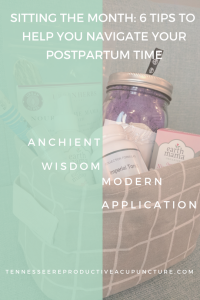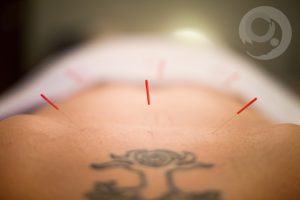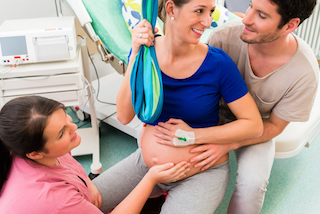There is so much information online about what supplements may or may not be helpful for fertility. It seems that almost everyone has an opinion and, if you search long enough, you’ll find story after story that goes like this “I took x for only one cycle and was pregnant after x months!” While these can feel encouraging, supplements typically aren’t the magic bullet for a single cycle. Some can even cause cycle irregularity if used in cases where they are not indicated (I’m looking at you vitex!). The truth is that achieving pregnancy is, like most other things, a journey that involves a healthy diet and lifestyle, appropriate supplements, and possibly treatment from a reproductive endocrinologist in conjunction with other providers as needed.
So, what supplements are helpful? We wanted to break down our most commonly recommended supplements and why they might be helpful so you can talk with your fertility team about what is best for you.
This list of supplements comes from Theralogix and we chose this particular company because of their high standards and focus on researched backed supplements. All of their supplements are dye free, dairy and gluten free. They have clean labeling, so you’ll never get an ingredient you aren’t expecting. And they are third party certified by NSF International.
Links to product pages below include our PRC discount code (137923) for Theralogix so you can be sure you are receiving the best pricing. The PRC code (137923) can also be entered at checkout to receive the discounted price. We do receive some compensation for sales generated through these links.
Prenatal Vitamins
I’m sure you expected this one, but a good prenatal is always recommended for all women trying to conceive. Prenatal vitamins contain nutrients like folic acid, iron, and others that work to make sure your body’s nutrient profile is optimized for pregnancy which can help support fertility as well as help your body be ready when you finally find success.
Getting a good quality prenatal vitamin is essential. We recommend Theralogix brand prenatal vitamins and they have a full lineup of choices from a preconception specific vitamin to their most comprehensive prenatal, Theranatal Complete. Choose one you will take daily, some contain multiple softgels/pills per day which can be hard for some women especially in early pregnancy.
Their line-up includes Theranatal Complete, Theranatal One, and Theranatal Core, a preconception focused prenatal. For breastfeeding mothers, they also offer Theranatal Lactation Complete to make sure you’re getting the nutrients specific for nourishing your baby.
Vitamin D
If we had to name an underdog in the fertility world we’d give it, hands down, to good ol’ vitamin D. A 2017 study showed that women with lower vitamin d levels had a harder time conceiving on their own. Low levels are also associated with poorer outcomes in ART (assisted reproductive technologies). There is even some evidence that lower vitamin D levels are associated with higher rates of preeclampsia during pregnancy.
Men also benefit from good levels of vitamin d. Studies show that healthy vitamin D levels may improve testosterone levels as well as sperm motility.
It is always a good idea to ask your doctor to test your vitamin D levels, as very low levels require a prescription dose and follow up with testing after supplementing for awhile to make sure your levels stay in a healthy range.
Most good quality prenatal vitamins and even Conception XR will have adequate levels of vitamin D, but it might be worth an additional supplement if your prenatal has less than 1000IUs per dose. If you need an additional supplement due to a diagnosed deficiency or your prenatal is lacking, Theralogix has a great stand-alone vitamin d supplement. Please check the FAQ section for possible drug interactions.
CoQ10
CoQ10 is a powerful antioxidant that may improve egg quality and help support optimal chromosomal division during fertilization. CoQ10 helps to improve how the egg cells create energy which can improve cell division and overall egg health. Cells’ ability to create energy becomes less efficient as we age. It may also improve response to ovarian stimulation for some women with poor ovarian reserve.
We recommend this supplement to anyone concerned about ovarian reserve. It is usually very well tolerated. It is not known to be beneficial during pregnancy, so you can stop taking it once you find out your cycle was a success.
There is also evidence that CoQ10 may be beneficial for male fertility as well.
Theralogix makes a highly absorbable CoQ10 supplement that is one of our most popular supplements. Please read the FAQs for possible drug interactions.
Fish Oil
Fish oil, omega three fatty acids and DHA, are found in seafood and have an important role in cells throughout the body. They are an important part of cell walls and membranes and support the receptors, including those that regulate genetic function, in these walls to allow good communication between the cells in the body. They also are the starting point for hormones that regulate inflammation and contractions of artery walls.
For supporting fertility, there is evidence that fish oil can support pregnancy rates for those trying naturally and that it may play a role in reducing miscarriage. It may also increase uterine blood flow and help to regulate the immune system. There is also evidence that fish oil can improve male fertility as well.
Some prenatal vitamins will contain DHA and omega-3 fatty acids, but here is a link to a great standalone supplement from Theralogix.
Fish oil can act as a blood thinner, so please read the FAQs for possible contraindications as well as recommendations around surgical procedures.
Melatonin
This powerful antioxidant is most known for its use in treating circadian rhythm disorders or occasional insomnia, but more and more research is coming out showing that melatonin may be a key player in the development of healthy eggs and embryos.
Research shows that melatonin can help increase the number of mature oocytes (eggs) retrieved, improve fertilization rates, and improve embryo quality for those undergoing IVF. Additionally, pregnancy and clinical pregnancy rates improve with melatonin.
3mg Melatonin should be taken about 30 minutes before bedtime and we recommend stopping it once you are pregnant. It is also not recommended for women trying naturally, as it can impact ovulation. There are some medications (see FAQs) that are possibly contraindicated with melatonin, so please talk with your doctor before starting supplementation.
Ovasitol
Ovasitol contains 2 forms of inositol which provide 4,000 mg of myo-inositol and 100 mg of D-chiro-inositol, in the body’s naturally occurring ratio of 40:1. Inositol is a nutrient found in fruits, beans, grains, and nuts and is also made by the body.
Research shows inositol can balance hormones leading to more regular, ovulatory menstrual cycles. It also promotes healthy ovarian function, lipid levels, reduce insulin sensitivity, and may support better egg quality. In ART, it has been shown to support oocyte development and maturation and improve pregnancy rates.
Ovasitol is recommended for those that have been diagnosed with PCOS. It comes as a tasteless powder that is mixed into the beverage of your choice twice daily. Most of our patients report that it is actually is, in fact, tasteless. If you are taking a thyroid medication, please review the FAQ’s for details on timing Ovasitol.
Male Prenatal
Obisouly, most of this post has focused on supplements for women, but we all know that it takes a healthy sperm and egg to create a healthy embryo. Fortunately, there is a supplement designed just for men. Theralogix Conception XR Reproductive Health Formula is formulate with fertility specific nutrients and powerful antioxidants such as vitamin C, vitamin E, zinc, and selenium, designed to support sperm health. We consider this a “male prenatal” and recommend it anyone trying to conceive or going through IVF, where motility is not a concern.
If there are concerns about motility, we’d recommend the other product in Theralogix’s male fertility line, Conception XR Motility Support Formula. While more expensive, it contains and additional ingredient, L-carnitine, to help support motility. This is a great choice for those with motility issues or anyone trying to conceive naturally, with a medicated cycle, or through IUI.
Please review the FAQs on each page for drug interactions.
While both of these contain vitamin D, they do not contain Fish oil or CoQ10, so we’d add those on to the recommendation for male fertility.
Contraindications
With any medication, supplement, or herb, there is always the possibility of a drug interaction. Please review the FAQ page for each supplement for an overview of drug interactions and other contraindications and always talk with your doctor before starting any new supplement. It also a good idea to review supplements with your team prior to starting a new cycle as well.
References:
https://www.fertstert.org/article/S0015-0282(17)30420-X/fulltext
https://bmcpregnancychildbirth.biomedcentral.com/articles/10.1186/s12884-017-1408-3
https://www.ccrmivf.com/blog/how-vitamin-d-may-impact-your-fertility/
https://www.ncbi.nlm.nih.gov/pmc/articles/PMC5870379/
https://www.ncbi.nlm.nih.gov/pmc/articles/PMC6516448/
https://pubmed.ncbi.nlm.nih.gov/21154195/
https://www.ccrmivf.com/blog/fertility-benefits-omega3-fatty-acids/
https://onlinelibrary.wiley.com/doi/10.1002/fsn3.3464
https://www.sciencedirect.com/science/article/pii/S0753332221007848#:~:text=Melatonin%20plays%20an%20important%20role,assisted%20reproductive%20technology%20(ART).
https://www.ncbi.nlm.nih.gov/pmc/articles/PMC5097808/
https://www.ncbi.nlm.nih.gov/pmc/articles/PMC8226917/













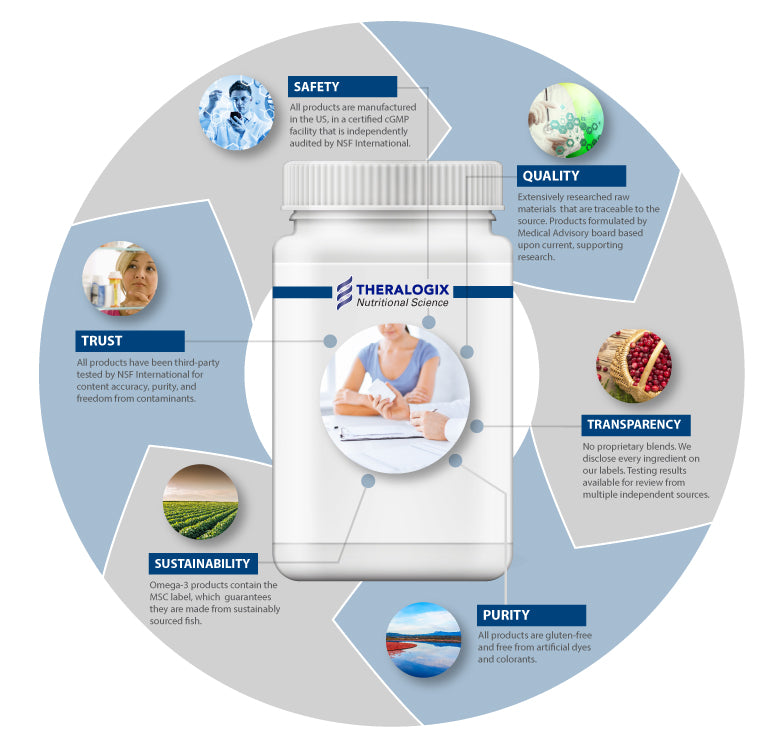
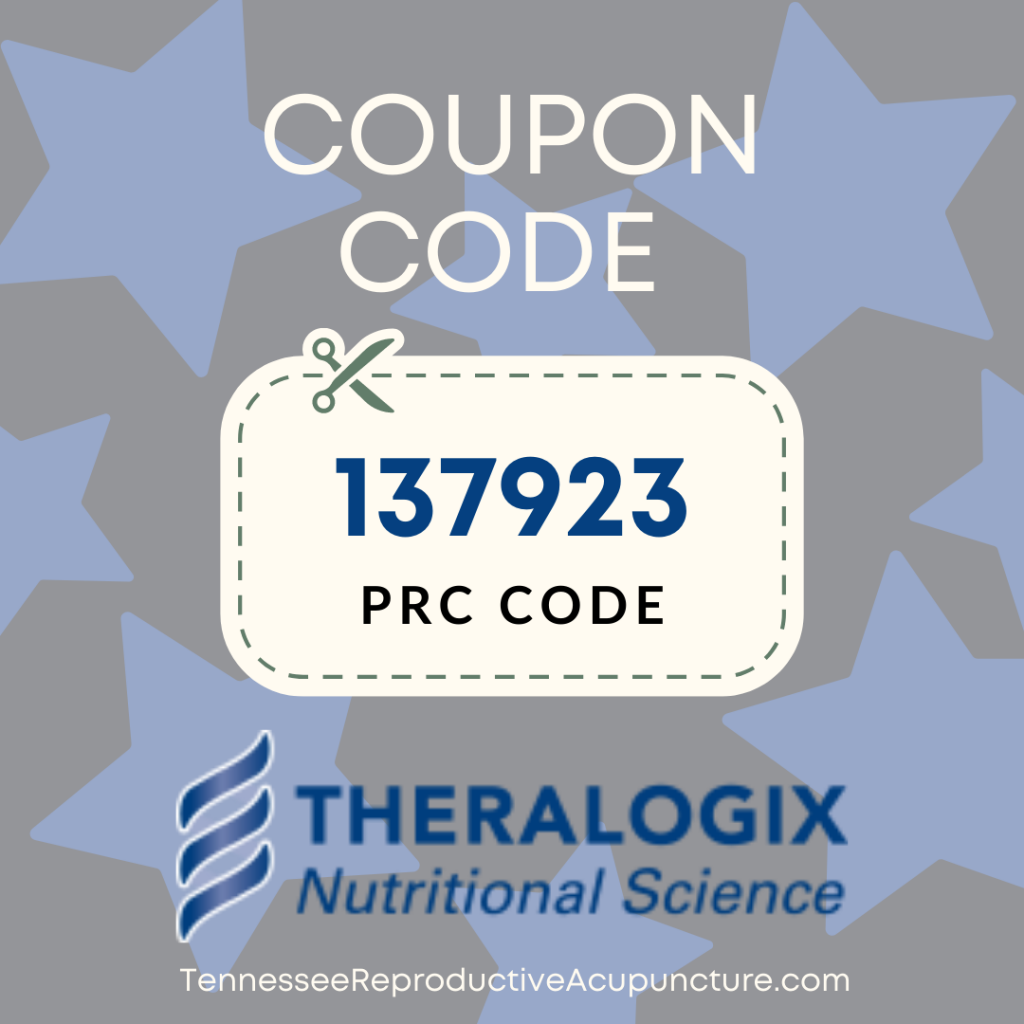


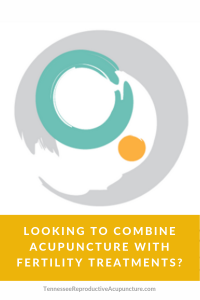

 We are so excited to share our postpartum recovery kit with you! Most of our mama’s take so much care planning for their birth, the weeks after baby arrives are often neglected. To follow up with our recent
We are so excited to share our postpartum recovery kit with you! Most of our mama’s take so much care planning for their birth, the weeks after baby arrives are often neglected. To follow up with our recent 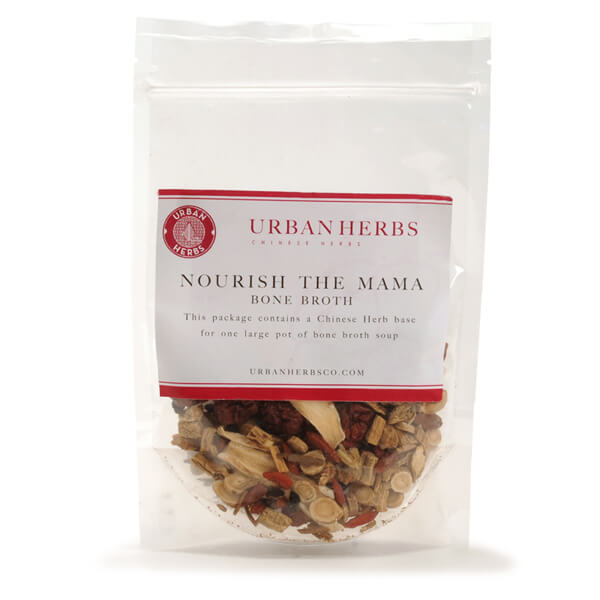
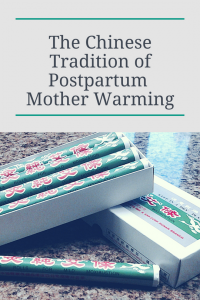 Mother Warming:
Mother Warming: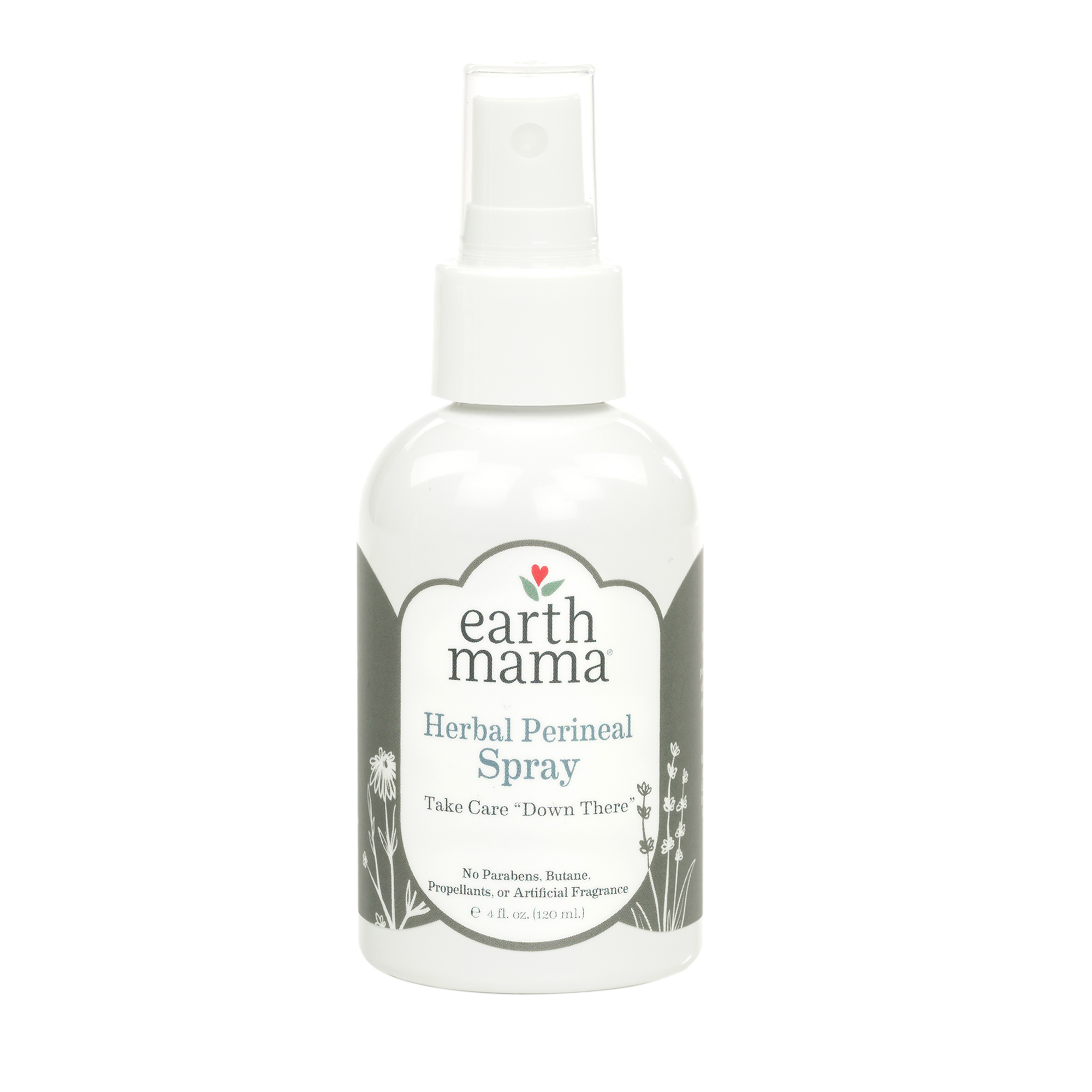
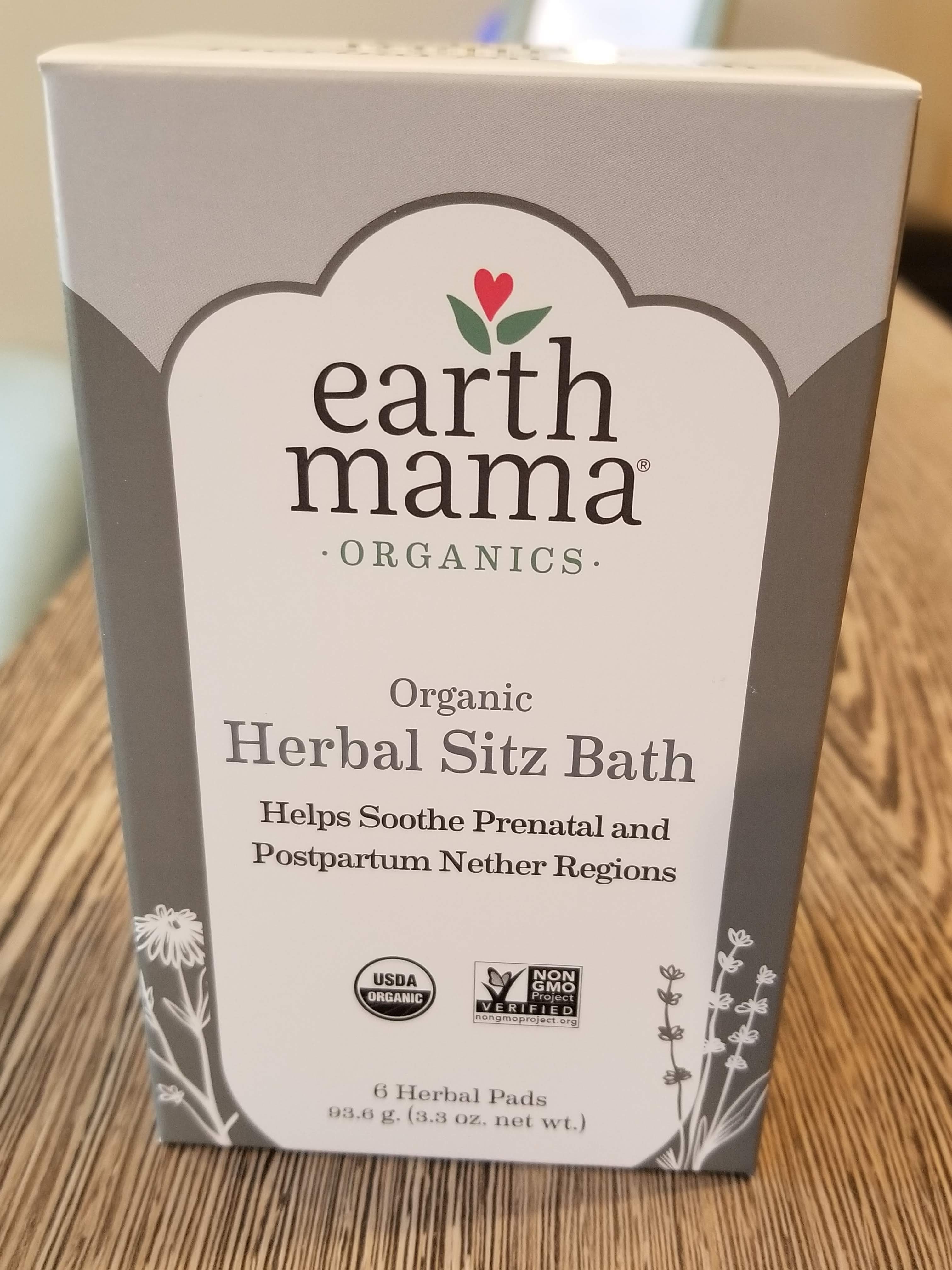

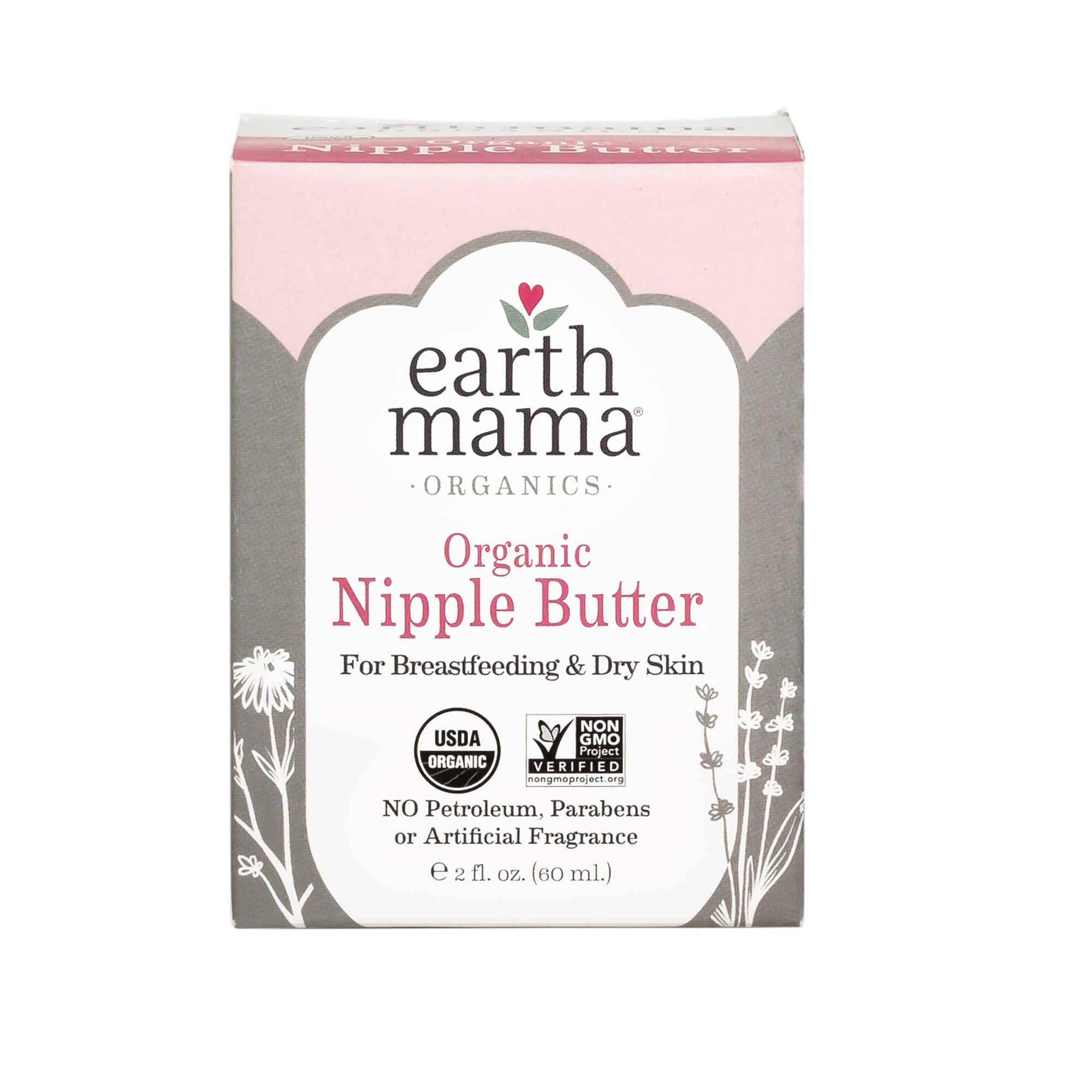 Nipple Cream:
Nipple Cream: 
